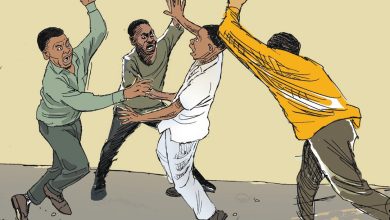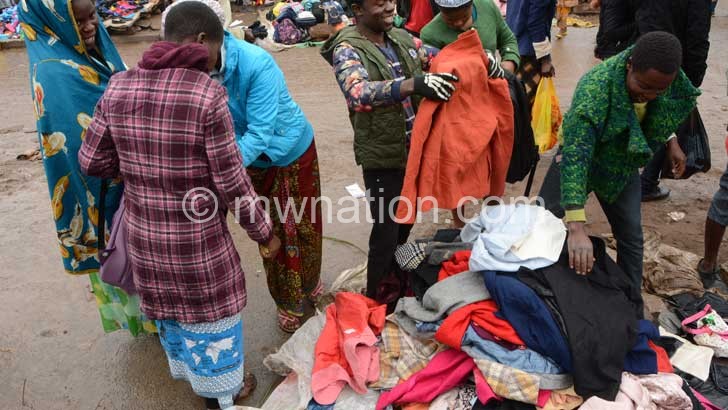Exhibit politics of substance
As we get closer to holding the fresh presidential election, politicians have hit the streets and any other space they can find to share their campaign messages in a bid to garner votes.
The campaign period is a chance for Malawians to hear what the aspiring candidates have and it is a chance for the aspirants to share with Malawians their manifestos, and to get a buy-in from the masses. It is also a time for clever politicians to gauge whether the masses agree with their manifesto or not. Unfortunately, there are so many not so clever politicians in Malawi.
Many politicians who lack abilities in public speaking and connecting with their audience, and lack substance to share with them, often turn to cheap talk and insults. It is very unfortunate that violence and insults continue to characterise this campaign, just like was the case in 2019.
Freedom of expression does not give one right to insult those with whom they disagree with, but rather to learn to agree to disagree.
Events in the past months have been quite perturbing. The country has witnessed how politics of insults has taken centre-stage as the young, old, leaders and followers, hurl insults at each other—all in the name of rooting for their respective political parties and candidates. It is as if there is a competition which will award a politician who has hurled better and more insults at their opponents and critics. This is disappointing and shameful.
Indulging in hurling insults at one another simply shows that such politicians lack substance and are incapable of tackling real issues of national importance—which is what most Malawians are itching to hear from them.
When Malawians turn their radios and TVs on, they do not do so in order to listen to who has a better book of profanities, rather, they want to hear how the presidential candidates are going to address the political, economic and social ills that they are facing.
Politics of insults create panic and fear. They scare away women from fully participating in politics. What is more tragic is seeing leaders who claim to be Christians and insist that Malawi is a God-fearing nation call their opponents and critics using language that promotes hate and violence.
Political rallies should be marketplaces for political ideas and not cheap talk and insults. If your product is bad, customers will not be forced to buy it just because you are insulting or intimidating them. Actually, that will be the more reason customers will pass by your stall. Nobody wants to buy goods from a rude, violent and foul-mouthed seller.
Both—UTM-MCP and DPP-UDF alliances—are guilty of practising politics of insults. With the campaign period getting hotter, there are some politicians who clearly have run out of ideas and have turned to insulting their opponents.
Freedom of expression must be used to protect the moral values of society, including the right to enforce the principle of equal rights and respect for people of diverse persuasions or backgrounds.
If as a politician you do not agree with what your opponents say, the best way to counter that is to come up with a more convincing argument as to why you think your opponents are wrong. But do so constructively and respectfully. .
Surely, Malawians want to listen to the radio and watch TV with their children, mothers, fathers, grandparents and be able to discuss issues that politicians have said during campaign, without cringing at the insults they are hurling at each other.





